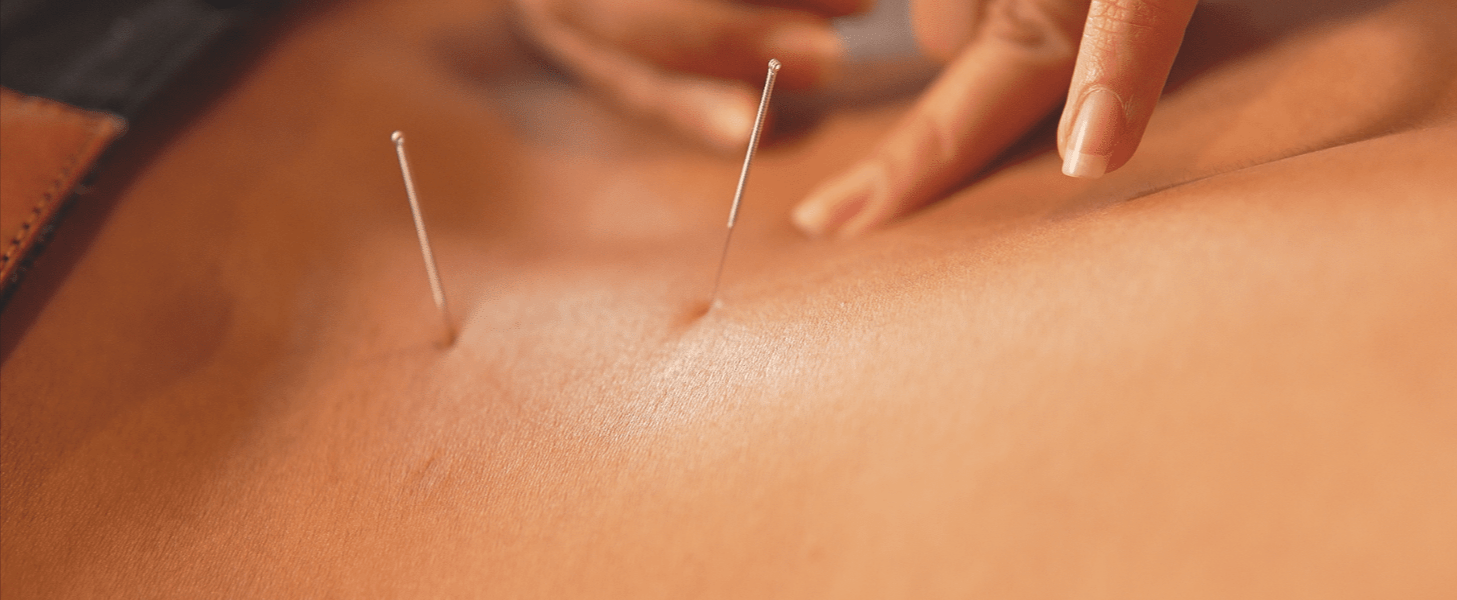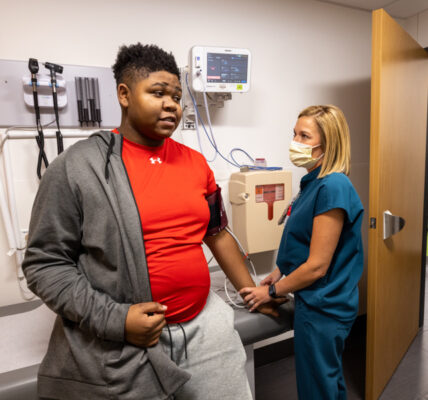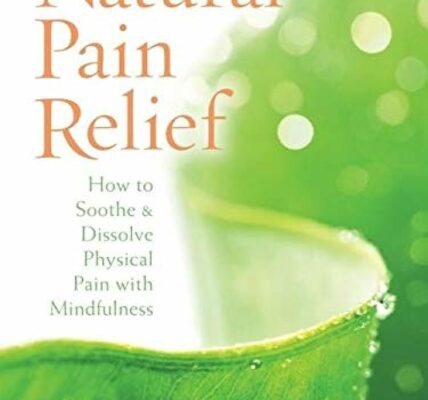In a world increasingly reliant on pharmaceuticals and invasive procedures, there exists an ancient wisdom that speaks to the body’s innate ability to heal itself. This ancient wisdom, which has been passed down for thousands of years, is quite clear in the practice of acupuncture. Far from being a mystical art, acupuncture is a precise, evidence-informed modality that gently nudges the body back into a state of balance, Eastern Healing allowing its remarkable restorative mechanisms to take center stage.
For a lot of people, the thought of small needles going into the skin can make them nervous. Yet, countless individuals worldwide attest to the profound relief and revitalizing effects of acupuncture, experiencing improvements in conditions ranging from chronic pain to anxiety, digestive issues, and even infertility. It’s a journey into the self, guided by a practitioner who understands the intricate energetic pathways that govern our health.
The Science: Bridging Ancient Wisdom with Modern Understanding
While its roots are ancient, modern science is increasingly providing explanations for acupuncture’s effectiveness. Research suggests several physiological mechanisms at play:
- Endorphin Release: Acupuncture stimulates the release of endorphins, the body’s natural painkillers. These neurochemicals not only alleviate pain but also contribute to a sense of well-being.
- Neurotransmitter Modulation: It can influence the release and regulation of various neurotransmitters and hormones, including serotonin, dopamine, and cortisol, which play crucial roles in mood, sleep, stress response, and pain perception.
- Improved Blood Flow: Needling at specific points can increase local circulation, bringing more oxygen and nutrients to injured or inflamed tissues, thereby accelerating healing.
- Reduced Inflammation: Acupuncture has been shown to have anti-inflammatory effects, helping to calm overactive immune responses that contribute to chronic pain and disease.
- Nervous System Modulation: It can modulate both the sympathetic (fight-or-flight) and parasympathetic (rest-and-digest) branches of the autonomic nervous system, helping to shift the body into a more relaxed and restorative state.
- Connective Tissue Response: The insertion of needles can affect the fascia and connective tissues, potentially influencing cellular communication and tissue repair.
These scientific explanations underscore that acupuncture is not merely a placebo effect, but a physiological intervention that taps into the body’s intricate self-regulating systems.
The Experience: Gentle, Personalized, and Profound
One important thing about acupuncture is that it is tailored to each person. A qualified practitioner conducts a thorough initial assessment, taking into account not just the presenting symptoms but also the individual’s overall health, lifestyle, emotional state, and medical history. This holistic perspective allows for a diagnosis based on traditional principles and the creation of a treatment plan tailored specifically to the individual’s unique energetic imbalances. This highly individualized care contrasts sharply with the “one-size-fits-all” approach often found in conventional medicine.
Integrating Ancient Wisdom into Modern Wellness
Acupuncture is not meant to replace conventional medical care but rather to complement it. It works beautifully alongside Western medicine, often enhancing its effectiveness and mitigating side effects. For example, it can help manage post-operative pain, reduce nausea during chemotherapy, or improve recovery times from injuries.
As our understanding of holistic health grows, more individuals are seeking integrated approaches to their well-being. Acupuncture offers a powerful, drug-free, and side-effect-friendly option for those looking to tap into their body’s inherent wisdom and healing capabilities. It encourages a deeper connection to one’s own physiology, fostering a proactive approach to health rather than simply reacting to disease.
Conclusion: A Path to Rediscovering Wellness
In a world that constantly pulls us outwards, acupuncture invites us to look inwards, to the intricate balance and incredible resilience of our own bodies. It’s a testament to the idea that true healing often begins when we empower the body to do what it was designed to do – heal itself.








